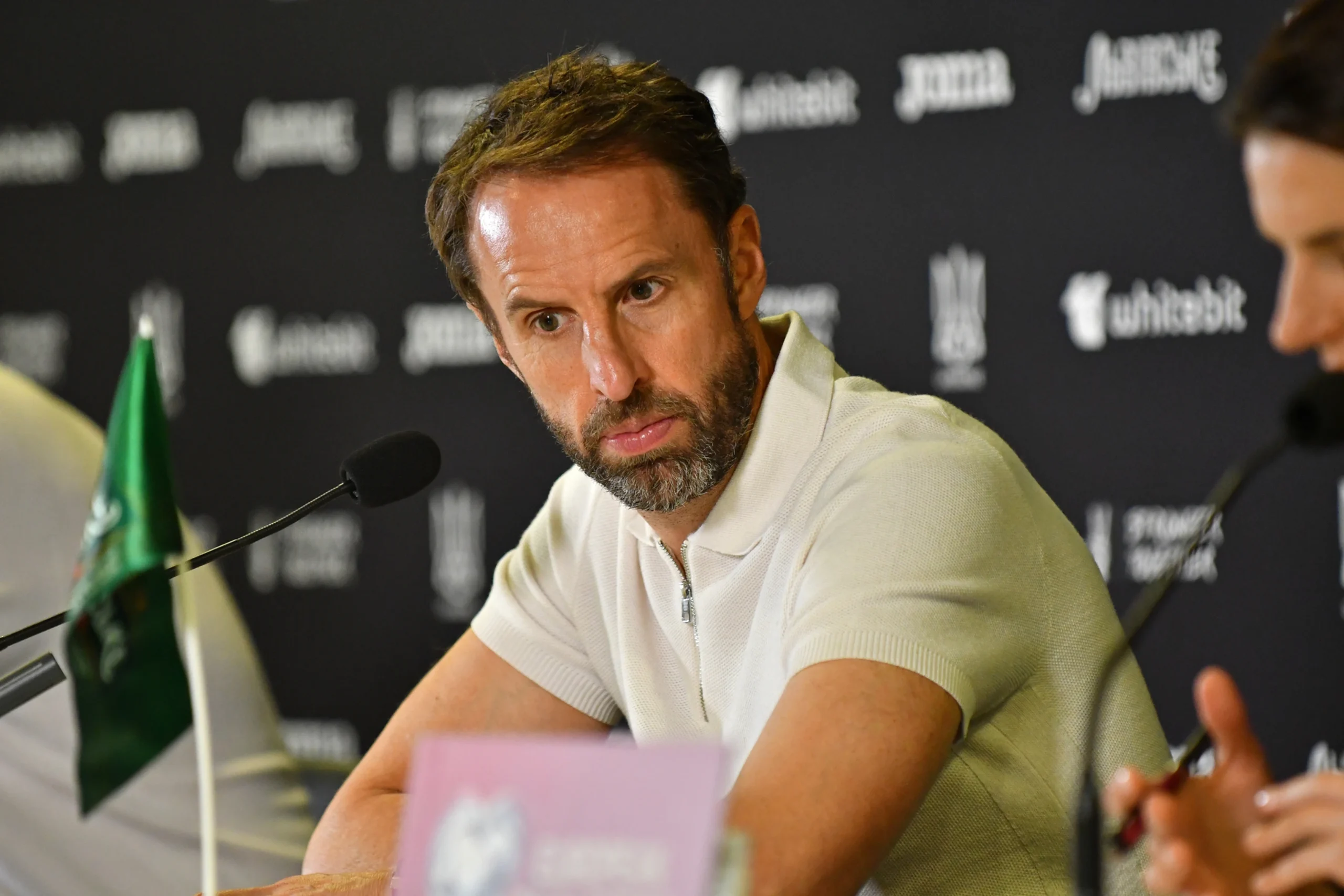At the final whistle, the team with three lions on their chest, sunk to their knees again. They had been beaten, in another final, in front of a global audience, by a better team.
Huge congratulations must go to Spain, their players and their manager, Luis De La Fuente. Theirs was a team at the peak of their powers, the perfect blend of the old and the new, of fearless optimism and organisation.
Back here in a cold and damp England, the radio and TV phone ins have begun, the usual polarised and often condemnatory tone has ramped up on social media about Gareth Southgate, his future and whether he is actually any good at anything!
It got me thinking about whether you actually need to win; to beat everyone in order to be a good leader. Some corporate cultures may tell you that you do… I am not so sure.
If leadership is simply about the present, about achieving for the now… for winning in the short term, then what does that really mean? I have seen many so called winning leaders of teams and organisations, win for them, in the moment and in so doing, leave a trail of destruction in their wake.
For me, one of the great tests of leadership is to look at what your legacy was, is or could be.
In any role we have, we are simply custodians of something bigger and hopefully much longer lasting than ourselves, we are if you like, sprinters in a relay race, yes we need to perform to our best, but we also need to ensure that we pass on the baton in the best way we can, to ensure that the runner of the next leg gets the best chance to take our team onwards and upwards.
So back to Gareth Southgate. When he took on the management and leadership of the England Men’s team, they were in disarray. Some of our best players didn’t want to wear the shirt, the squad had a fractured and fractious relationship with the supporters and we were hopelessly inefficient, often squandering our resources.
He developed a vision and a set of values that he had begun to nurture in his previous job as manager of the men’s under 21 team. Many of the players who had worked with him then, have gone on to play at senior level, with real success. The work he has done has seen us develop a real level of consistency, but he has also nurtured a legacy which means that who ever comes after him, can kick on again and evolve the team from a better place than he found it.
He has left people stronger than they were before his tenure, he has constructed a foundation that could go on to help create more special memories and emotions for people who support our nation.
He has done his best and he has done it with authenticity, integrity, positivity and a sense of purpose. He didn’t ultimately win a trophy in his eight year stay, but he has done something far more important, he has build a robust set of values that can be the foundation of the England set up, for generations to come.
Thank you Gareth.




